What is Berber Carpet?
Berber carpet is a unique style of flooring known for its looped pile construction. Originating from the Berber people of North Africa, traditional Berber carpets were handwoven with natural fibers like wool. Modern versions, however, are often machine-made, but they maintain the same textured, durable appearance that makes them highly popular.
Types of Berber Carpet
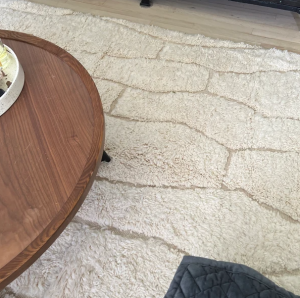
There are two main types of Berber carpets available today:
- Natural fiber Berber: Made from wool, offering a luxurious and eco-friendly option.
- Synthetic fiber Berber: Commonly made from materials like olefin, nylon, or polyester, making it more affordable and easier to maintain.
For example, MusMusRugs offers various options like wool Berber rugs for those seeking natural materials.
Advantages and Disadvantages of Berber Carpet
Pros:
- Durability: Berber carpet’s looped construction makes it highly resistant to wear, especially in high-traffic areas like hallways or living rooms. Check out their durable wool rugs that exemplify this quality.
- Stain resistance: Synthetic versions, such as olefin Berber, are particularly stain-resistant.
- Affordability: Berber carpets made from synthetic fibers, such as olefin rugs, are more cost-effective.
- Low maintenance: Its looped structure means it’s easier to clean and maintain, particularly in comparison to plush carpets.
Cons:
- Snagging: The loops can catch on sharp objects like furniture or pet claws, leading to potential unraveling.
- Traps pet hair: The loops can trap pet hair, which can be harder to remove.
- Less soft: It may feel rougher underfoot compared to plush carpets.
Choosing the Right Berber Carpet for Your Home
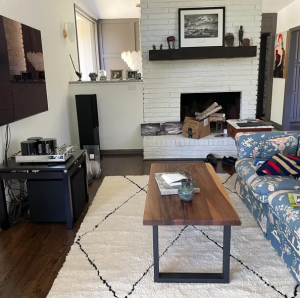
When selecting the right Berber carpet, consider your primary needs, such as durability for high-traffic areas, or perhaps aesthetics and comfort for living spaces. Explore their contemporary rugs that offer a blend of style and functionality.
Wool vs. Synthetic Berber Carpets
- Wool Berber: Offers natural softness, insulation, and is environmentally friendly.
- Nylon Berber: More durable and better suited for households with heavy foot traffic.
- Olefin Berber: The most affordable option, particularly useful for areas prone to stains. For instance, consider this abstract wool rug for a stylish but functional option.
Installation and Maintenance Tips
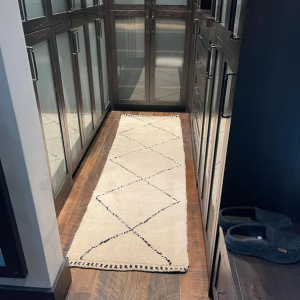
Installing Berber carpet is best left to professionals due to its looped structure, which can easily unravel if improperly handled. Proper stretching and seam placement are crucial to avoid visible lines and ripples in the flooring.
To maintain your Berber carpet:
- Vacuum regularly: Especially with a beater bar vacuum to loosen dirt from the loops.
- Spot clean spills immediately: This is especially important for wool Berber, which can be less forgiving with stains.
- Deep clean annually: Consider steam cleaning for deep-set dirt.
For more Berber-style carpets, explore the range of rugs available at MusMusRugs, including their authentic Moroccan Berber rugs.


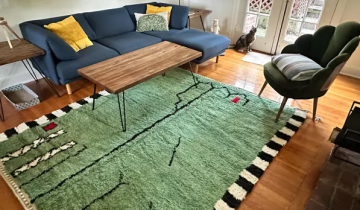
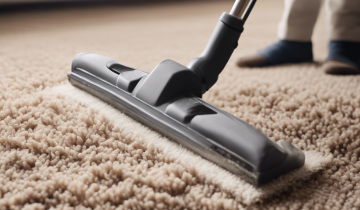
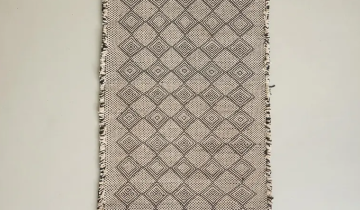
 No products in the cart.
No products in the cart.